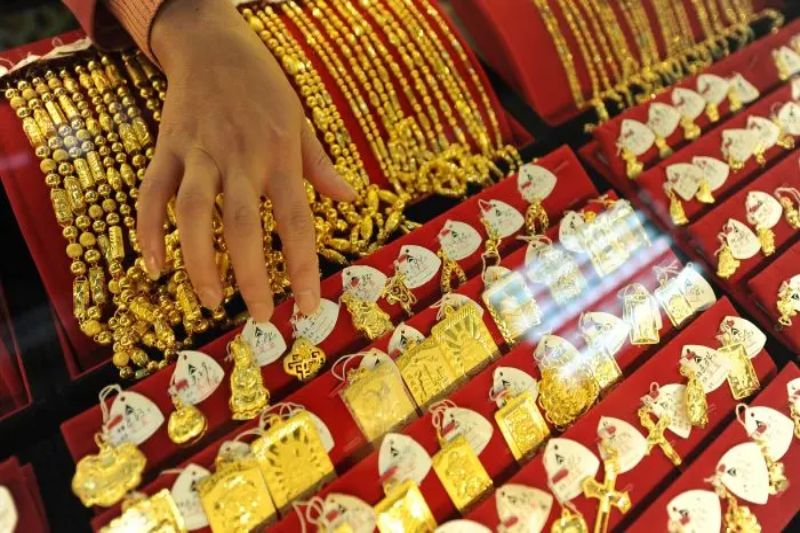For every consumer, the Chinese Lunar New Year is an excuse to indulge.
Wearing new clothing on this festival, especially red clothing, represents a fresh start to a prosperous year and the arrival of good fortune. Some of the same might be applied to the world economy. Strong spending statistics on Monday helped Chinese equities rise as trading got back underway following the week-long vacation for the Lunar New Year. That’s a positive indication.
According to official figures released on Sunday, China’s tourism earnings over the eight-day holiday increased 47.3% over the same period last year. During the break, when consumer spending has historically been high, box office sales exceeded Rmb8bn ($1.1bn), setting a record for spending on entertainment.
During this holiday, retail sales might provide a leading indication of the state of the Chinese economy and consumer confidence for the upcoming year.Official data from 2019 shows that Chinese buyers spent $150 billion during the week-long break before to the outbreak. This number has increased annually for over ten years.
This holiday is also significant for Europe’s upper classes, since prior to the pandemic, Chinese consumers constituted over one-third of global consumption of luxury goods. That explains this year’s intricate marketing strategies from brands like Kering. Large-scale, freely-spending Chinese tourist trips to Europe have not yet begun, which makes domestic sales in China even more crucial.
Naturally, the anticipated increase in post-pandemic expenditure subsequent to China’s resumption of economic operations and border openings never transpired. Because of the decline in consumer demand last year, producer prices have been declining.
However, a local consumer trend that is encouraging for luxury goods and service suppliers is the increased desire for premium products. According to Bain, the luxury market in China expanded by more than a tenth last year, with the fashion, lifestyle, and jewelry segments recording the highest growth rates.
Up to 40% of global luxury consumption is expected to come from China by 2030. The demand for high-end travel and hotel services is also rising. On Monday, the stock of Jinjiang Hotel, a company with over 1,500 locations, increased by 7%.
Chinese retail sales are predicted to rise by more than 5% this year, despite an uncertain outlook due to a collapsing real estate sector. Locals believe that the Year of the Dragon is the luckiest animal in the Chinese zodiac. Additionally, it could bring luxury brands better fortune.
Topics #China #Offer Luxury a New Lease on Life










